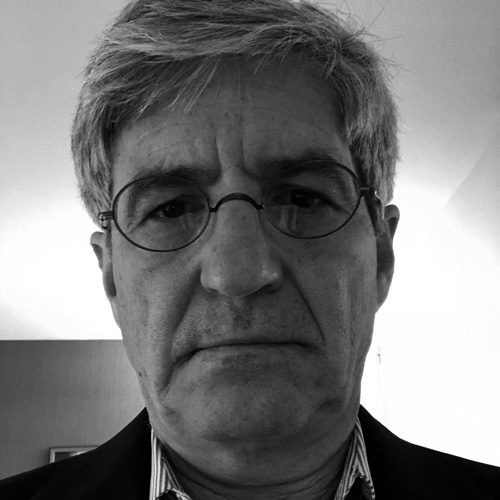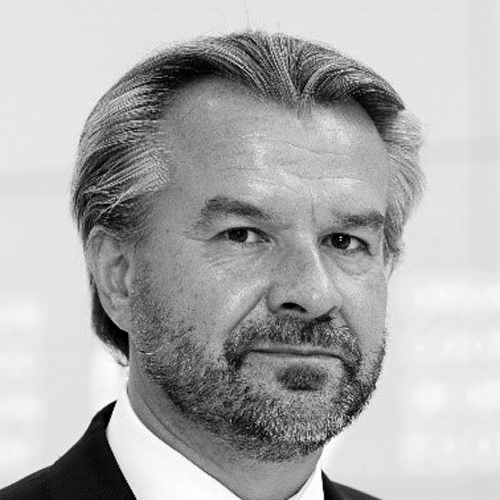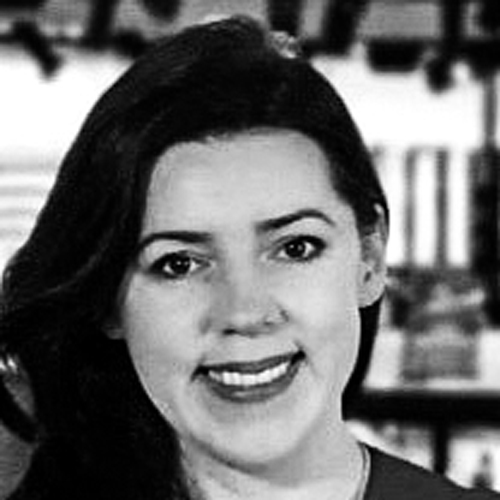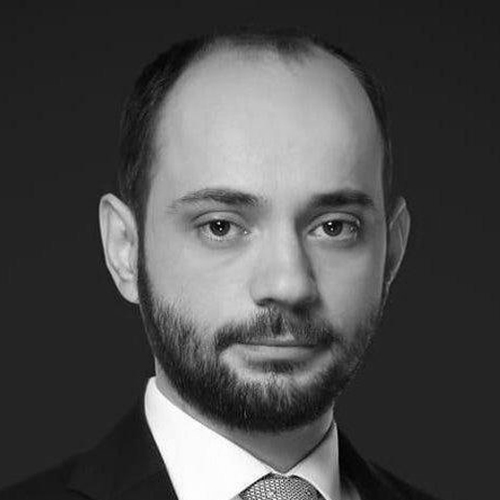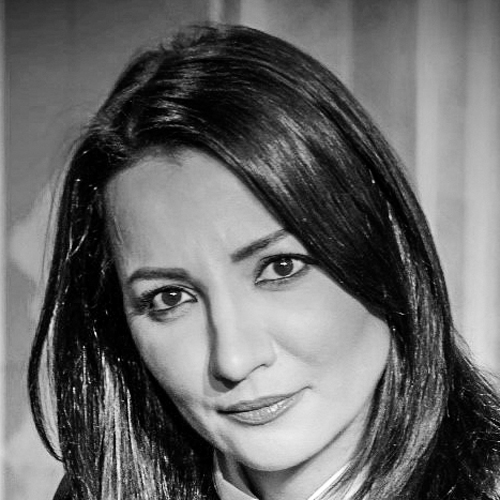As the Russia-Ukraine war has demonstrated, media spaces have become targets of hybrid warfare. In this configuration, lethal and soft power mechanisms operate hand in hand, combining information warfare, cyberattacks and kinetic warfare. The information war is waged even before violent hostilities begin, as info-warriors seek to dominate and shape the information space and impose certain interpretations of reality that are far from the truth. Information manipulation is also on the rise, with political actors seeking to influence public views and behaviour, particularly as it relates to elections. Election periods are also a time when disinformation and fake news proliferate. Partisans take to social media to spread fake news and disinformation in an effort to win adherents to their cause, aiming to mislead the public and often to incite fear and anger. News organisations face challenges in distilling disinformation and fake news while preserving the fundamental tenets of good journalism. This session will discuss tangible approaches that help preserve media integrity and accuracy, share insights and know-how, and explore ways to alleviate the harm caused by disinformation.
Discussion Themes
How can effective policies that promote an open digital environment while protecting against the challenges and threats of fake news and misinformation be developed?
How can effective policies be designed and implemented that combat information manipulation?
How can resilience be strengthened against hostile interference in elections?
How are governments learning to deal with fake news and disinformation campaigns?
What are potential solutions to election security in the digital age?
How can we effectively facilitate AI-generated disinformation prevention mechanisms?
